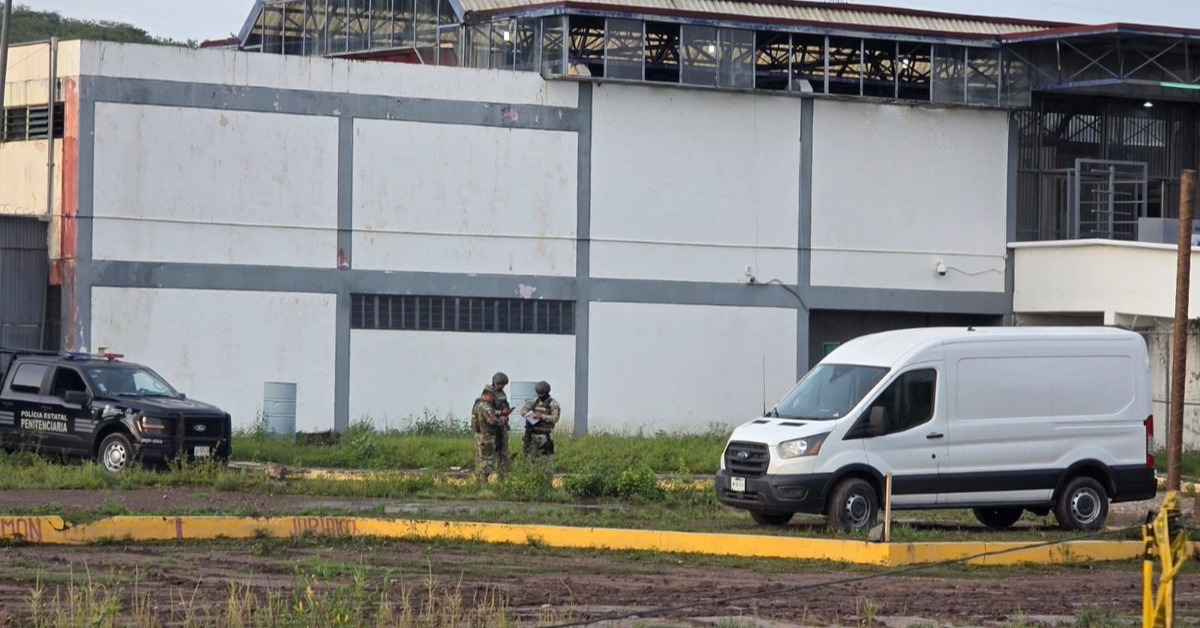Mexico's most corruption-plagued municipal police forces would be replaced by state police within two years under a bill President Enrique Pena Nieto has submitted to Congress.
Municipal police in the states of Jalisco, the state where Puerto Vallarta is located, and the states of Guerrero, Tamaulipas, and Michoacan would be placed under state control quickly, because "these are the states most urgently in need of attention," according to the bill submitted late Monday.
In September, a drug cartel-infiltrated municipal police force in the Guerrero state city of Iguala detained 43 students and turned them over to the . . .





